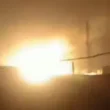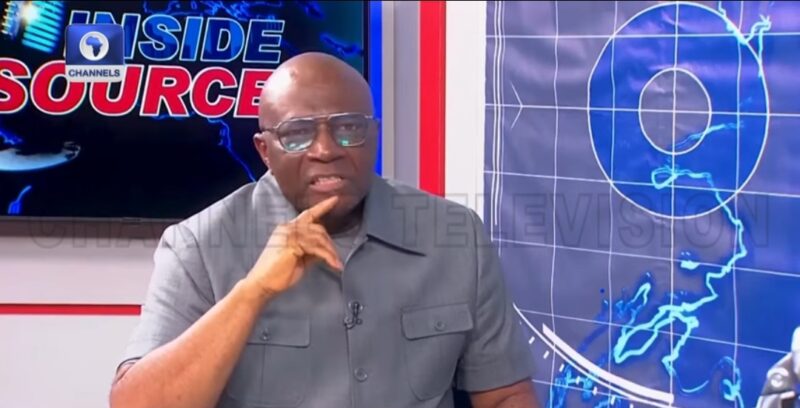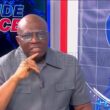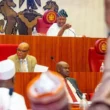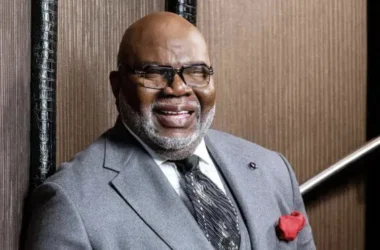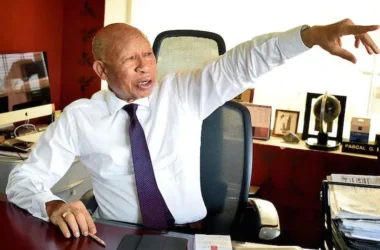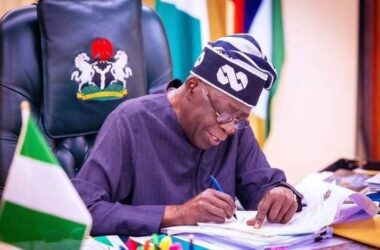Presidential spokesman, Bayo Onanuga, has again clarified that Nigerian President Bola Tinubu did not purchase a new official jet but rather acquired a refurbished aircraft.
Onanuga addressed the matter on the Sunday edition of Inside Sources with Laolu Akande, aired on Channels Television, emphasizing that the plane belongs to Nigeria, not to Tinubu personally.
Onanuga highlighted that the decision was driven by concerns over the high maintenance costs of the older aircraft in the presidential fleet. “It’s not President Tinubu’s plane; it belongs to the people of Nigeria. It is our property,” he stated.
He explained that the president made this choice to minimize the expense of maintaining the aging fleet, particularly as older planes such as the 19-year-old Boeing B737-700, acquired during former President Olusegun Obasanjo’s administration, had become costly and unreliable.
To avoid excessive expenses on aircraft maintenance, President Tinubu sought approval from the National Assembly to acquire a used Airbus A330 in good working condition. The refurbished aircraft is expected to reduce the financial burden associated with maintaining the older presidential jets.
“The president did not buy a new jet; what he has is a refurbished jet – it has been used by somebody else before he got it but it is a much newer model than the one President Buhari used.
“The one President Buhari used was bought by President Obasanjo some 20 years ago.
“There was a time the President went to Saudi Arabia, that plane developed some problems and the President had to leave with a chartered jet to The Netherlands.”
The spokesperson further emphasized that Nigerians should consider the importance of the president’s safety. National Security Adviser Nuhu Ribadu reportedly confirmed the exorbitant maintenance costs due to the advanced age of the fleet, thus supporting the need for a safer, newer aircraft.
Despite these clarifications, Tinubu’s decision to acquire the refurbished jet has faced criticism. Many Nigerians have voiced frustration over what they perceive as excessive spending by the presidency, especially as citizens are grappling with record-high food and fuel prices. Critics argue that the move does not reflect the economic realities facing many Nigerians today.


